Scan barcode
Overview
Per the Times:
As voted on by 503 novelists, nonfiction writers, poets, critics and other book lovers — with a little help from the staff of The New York Times Book Review.
All book descriptions pulled from the Times list: https://www.nytimes.com/interactive/2024/books/best-books-21st-century.html
Reader's picks challenge here: https://app.thestorygraph.com/reading_challenges/085ad427-b733-455f-b7a1-8a52e8794ee2
New York Times 100 Best Books of the 21st Century
70 participants (100 books)
Overview
Per the Times:
As voted on by 503 novelists, nonfiction writers, poets, critics and other book lovers — with a little help from the staff of The New York Times Book Review.
All book descriptions pulled from the Times list: https://www.nytimes.com/interactive/2024/books/best-books-21st-century.html
Reader's picks challenge here: https://app.thestorygraph.com/reading_challenges/085ad427-b733-455f-b7a1-8a52e8794ee2
Challenge Books
85
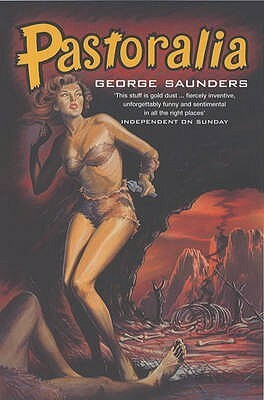
Pastoralia
George Saunders
An ersatz caveman languishes at a theme park; a dead maiden aunt comes back to screaming, scatological life; a bachelor barber born with no toes dreams of true love, or at least of getting his toe-nubs licked. The stories in Saunders’s second collection are profane, unsettling and patently absurd. They’re also freighted with bittersweet humanity, and rendered in language so strange and wonderful, it sings.
Liked it? Try “Swamplandia!,” by Karen Russell or “Friday Black,” by Nana Kwame Adjei-Brenyah.
Liked it? Try “Swamplandia!,” by Karen Russell or “Friday Black,” by Nana Kwame Adjei-Brenyah.
86
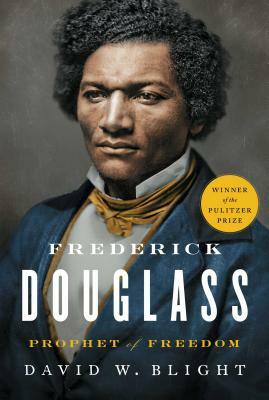
Frederick Douglass: Prophet of Freedom
David W. Blight
It is not hard to throw a rock and hit a Great Man biography; Blight’s earns its stripes by smartly and judiciously excavating the flesh-and-bone man beneath the myth. Though Douglass famously wrote three autobiographies of his own, there turned out to be much between the lines that is illuminated here with rigor, flair and refreshing candor.
Liked it? Try “The Grimkes: The Legacy of Slavery in an American Family,” by Kerri K. Greenidge or “Freedom National: The Destruction of Slavery in the United States, 1861-1865,” by James Oakes.
Liked it? Try “The Grimkes: The Legacy of Slavery in an American Family,” by Kerri K. Greenidge or “Freedom National: The Destruction of Slavery in the United States, 1861-1865,” by James Oakes.
87
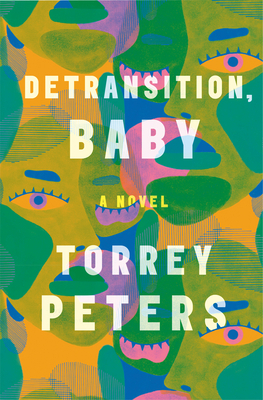
Detransition, Baby
Torrey Peters
Love is lost, found and reconfigured in Peters’s penetrating, darkly humorous debut novel. But when the novel’s messy triangular romance — between two trans characters and a cis-gendered woman — becomes an unlikely story about parenthood, the plot deepens, and so does its emotional resonance: a poignant and gratifyingly cleareyed portrait of found family.
Liked it? Try “I Heard Her Call My Name: A Memoir of Transition,” by Lucy Sante or “Didn’t Nobody Give a Shit What Happened to Carlotta,” by James Hannaham.
Liked it? Try “I Heard Her Call My Name: A Memoir of Transition,” by Lucy Sante or “Didn’t Nobody Give a Shit What Happened to Carlotta,” by James Hannaham.
88
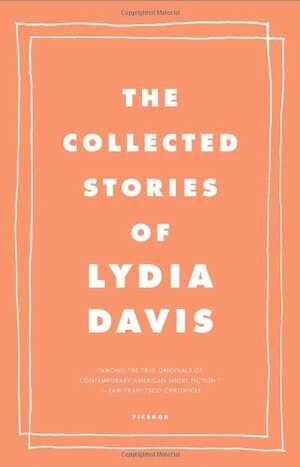
The Collected Stories of Lydia Davis
Lydia Davis
Brevity, thy name is Lydia Davis. If her work has become a byword for short (nay, microdose) fiction, this collection proves why it is also hard to shake; a conflagration of odd little umami bombs — sometimes several pages, sometimes no more than a sentence — whose casual, almost careless wordsmithery defies their deadpan resonance.
Liked it? Try “Ninety-Nine Stories of God,” by Joy Williams or “Tell Me: Thirty Stories,” by Mary Robison.
Liked it? Try “Ninety-Nine Stories of God,” by Joy Williams or “Tell Me: Thirty Stories,” by Mary Robison.
89
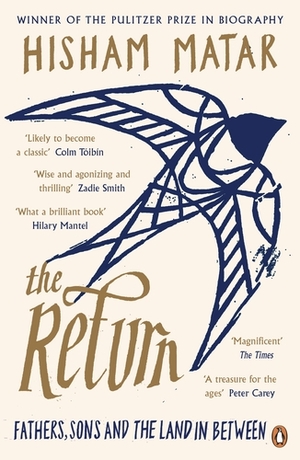
The Return: Fathers, Sons and the Land In Between
Hisham Matar
Though its Pulitzer Prize was bestowed in the category of biography, Matar’s account of searching for the father he lost to a 1990 kidnapping in Cairo functions equally as absorbing detective story, personal elegy and acute portrait of doomed geopolitics — all merged, somehow, with the discipline and cinematic verve of a novel.
Liked it? Try “A Day in the Life of Abed Salama: Anatomy of a Jerusalem Tragedy,” by Nathan Thrall, “House of Stone: A Memoir of Home, Family, and a Lost Middle East,” by Anthony Shadid or “My Father’s Fortune,” by Michael Frayn.
Liked it? Try “A Day in the Life of Abed Salama: Anatomy of a Jerusalem Tragedy,” by Nathan Thrall, “House of Stone: A Memoir of Home, Family, and a Lost Middle East,” by Anthony Shadid or “My Father’s Fortune,” by Michael Frayn.
90
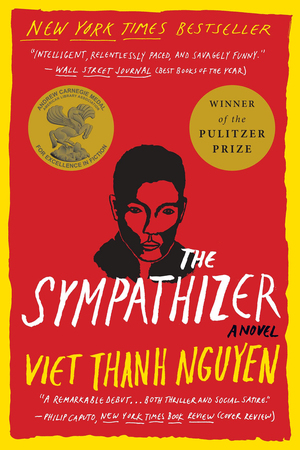
The Sympathizer
Viet Thanh Nguyen
Penned as a book-length confession from a nameless North Vietnamese spy as Saigon falls and new duties in America beckon, Nguyen’s richly faceted novel seems to swallow multiple genres whole, like a satisfied python: political thriller and personal history, cracked metafiction and tar-black comedy.
Liked it? Try “Man of My Time,” by Dalia Sofer or “Tomás Nevinson,” by Javier Marías; translated by Margaret Jull Costa.
Liked it? Try “Man of My Time,” by Dalia Sofer or “Tomás Nevinson,” by Javier Marías; translated by Margaret Jull Costa.
91
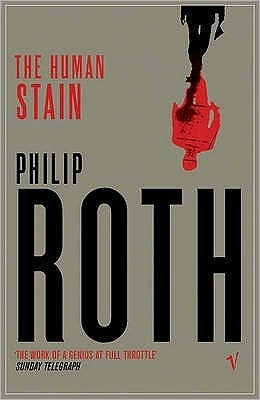
The Human Stain
Philip Roth
Set during the Clinton impeachment imbroglio, this is partly a furious indictment of what would later be called cancel culture, partly an inquiry into the paradoxes of class, sex and race in America. A college professor named Coleman Silk is persecuted for making supposedly racist remarks in class. Nathan Zuckerman, his neighbor (and Roth’s trusty alter ego), learns that Silk, a fellow son of Newark, is a Black man who has spent most of his adult life passing for white. Of all the Zuckerman novels, this one may be the most incendiary, and the most unsettling. — A.O. Scott
Liked it? Try “Vladimir,” by Julia May Jonas or “Blue Angel,” by Francine Prose.
Liked it? Try “Vladimir,” by Julia May Jonas or “Blue Angel,” by Francine Prose.
92
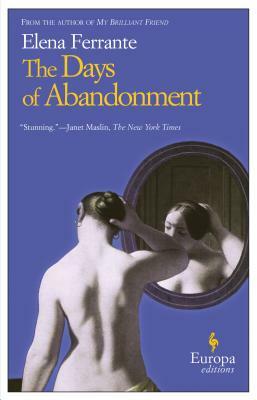
The Days of Abandonment
Elena Ferrante
There is something scandalous about this picture of a sensible, adult woman almost deranged by the breakup of her marriage, to the point of neglecting her children. The psychodrama is naked — sometimes hard to read, at other moments approaching farce. Just as Ferrante drew an indelible portrait of female friendship in her quartet of Neapolitan novels, here, she brings her all-seeing eye to female solitude.
Liked it? Try “Eileen,” by Ottessa Moshfegh or “Aftermath: On Marriage and Separation,” by Rachel Cusk.
Liked it? Try “Eileen,” by Ottessa Moshfegh or “Aftermath: On Marriage and Separation,” by Rachel Cusk.
93
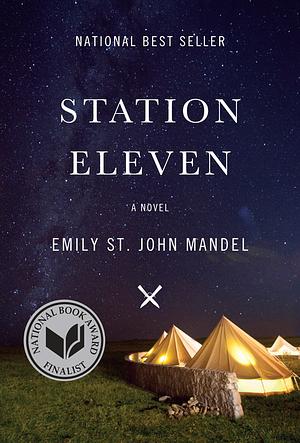
Station Eleven
Emily St. John Mandel
Increasingly, and for obvious reasons, end-times novels are not hard to find. But few have conjured the strange luck of surviving an apocalypse — civilization preserved via the ad hoc Shakespeare of a traveling theater troupe; entire human ecosystems contained in an abandoned airport — with as much spooky melancholic beauty as Mandel does in her beguiling fourth novel.
Liked it? Try “Severance,” by Ling Ma or “The Passage,” by Justin Cronin.
Liked it? Try “Severance,” by Ling Ma or “The Passage,” by Justin Cronin.
94
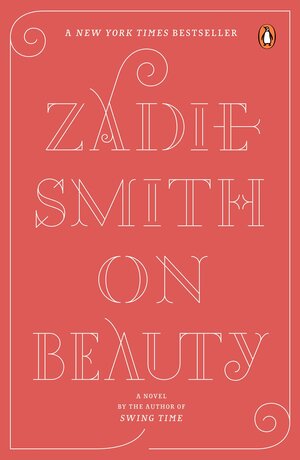
On Beauty
Zadie Smith
Consider it a bold reinvention of “Howards End,” or take Smith’s sprawling third novel as its own golden thing: a tale of two professors — one proudly liberal, the other staunchly right-wing — whose respective families’ rivalries and friendships unspool over nearly 450 provocative, subplot-mad pages.
Liked it? Try “Crossroads,” by Jonathan Franzen.
Liked it? Try “Crossroads,” by Jonathan Franzen.
95
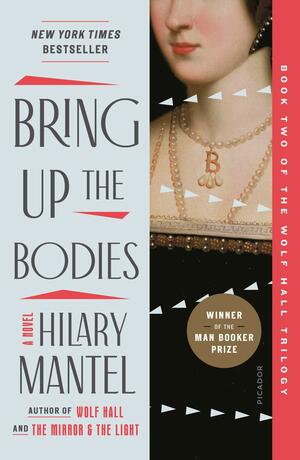
Bring Up the Bodies
Hilary Mantel
The title comes from an old English legal phrase for summoning men who have been accused of treason to trial; in the court’s eyes, effectively, they are already dead. But Mantel’s tour-de-force portrait of Thomas Cromwell, the second installment in her vaunted “Wolf Hall” series, thrums with thrilling, obstinate life: a lowborn statesman on the rise; a king in love (and out of love, and in love again); a mad roundelay of power plays, poisoned loyalties and fateful realignments. It’s only empires, after all.
Liked it? Try “This Is Happiness,” by Niall Williams or “The Western Wind,” by Samantha Harvey.
Liked it? Try “This Is Happiness,” by Niall Williams or “The Western Wind,” by Samantha Harvey.
96
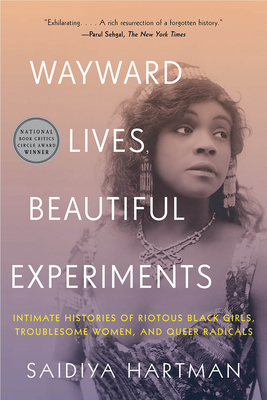
Wayward Lives, Beautiful Experiments: Intimate Histories of Riotous Black Girls, Troublesome Women, and Queer Radicals
Saidiya Hartman
A beautiful, meticulously researched exploration of the lives of Black girls whom early-20th-century laws designated as “wayward” for such crimes as having serial lovers, or an excess of desire, or a style of comportment that was outside white norms. Hartman grapples with “the power and authority of the archive and the limits it sets on what can be known” about poor Black women, but from the few traces she uncovers in the historical record, she manages to sketch moving portraits, restoring joy and freedom and movement to what, in other hands, might have been mere statistics. — Laila Lalami, author of “The Other Americans”
Liked it? Try “In the Wake: On Blackness and Being,” by Christina Sharpe or “All That She Carried: The Journey of Ashley’s Sack, A Black Family Keepsake,” by Tiya Miles.
Liked it? Try “In the Wake: On Blackness and Being,” by Christina Sharpe or “All That She Carried: The Journey of Ashley’s Sack, A Black Family Keepsake,” by Tiya Miles.
